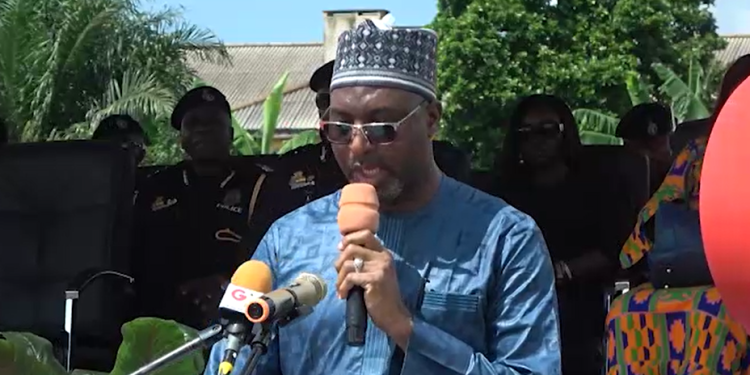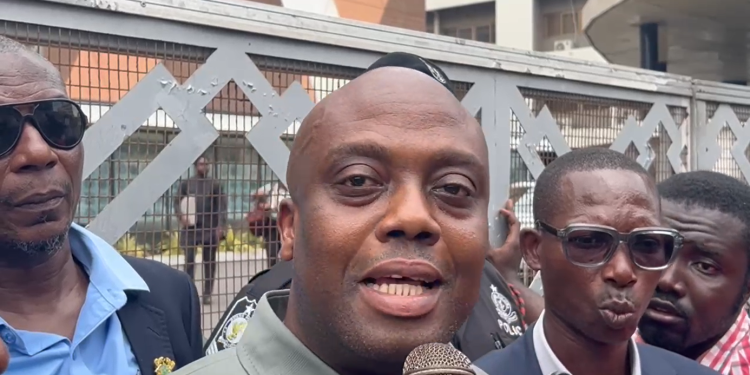Ghana’s Interior Minister has pledged to recover GHS414,590.53 (approximately $35,000) in public funds lost due to a breached educational bond, holding a former government official personally accountable for the lapse.
Speaking before Parliament’s Public Accounts Committee on Tuesday, Interior Minister Muntaka Mohammed-Mubarak said former Gaming Commission Commissioner Peter Mireku failed to follow proper procedures when approving a study leave with pay for a staff member, Moses Teye Mensah. Mensah later resigned without fulfilling the terms of a three-year service bond tied to his education.
“The Commissioner was Peter Mireku, and on this particular instance, he did not follow the laid-down procedure,” said Mr. Mohammed-Mubarak. “Because of this, I’m going to insist that he is invited to pay the money.”
Under Ghana’s civil service regulations, employees granted study leave with pay are typically required to return and serve for a predetermined period—often three years. Failure to do so obliges either the employee or their guarantor to reimburse the state.
Minister Mohammed-Mubarak said academic documentation, including semester transcripts, was not consistently collected during Mr.Mensah’s studies, nor were necessary oversight mechanisms followed. The lax process, he added, allowed the employee to complete his education and exit the Commission in January 2025 without fulfilling his bond.
The Interior Minister outlined a three-pronged recovery plan: Mr. Mireku will be held financially liable for the full amount, the bond guarantor—a current employee of the Gaming Commission—will be required to pay a portion, and Mr. Mensah will be added to a stop list to facilitate arrest should he re-enter the country.
Acting Gaming Commissioner Emmanuel Siisi Quainoo said the Commission has repeatedly attempted to retrieve the funds from Mr. Mensah, who is reportedly abroad pursuing a second Master’s degree. “He responds to correspondence but has not provided any credible documentation,” said Mr. Quainoo. “He keeps tossing the Gaming Commission.”
The GHS414,590.53 at stake amounts to nearly half the Commission’s monthly salary bill, according to Mr. Quainoo. He added that the matter has been referred to both the Attorney-General and the Inspector General of Police and is now before the Interior Ministry for decisive action.
The case has raised fresh questions about financial accountability and oversight in Ghana’s public institutions, particularly in the administration of educational benefits tied to taxpayer funds.













